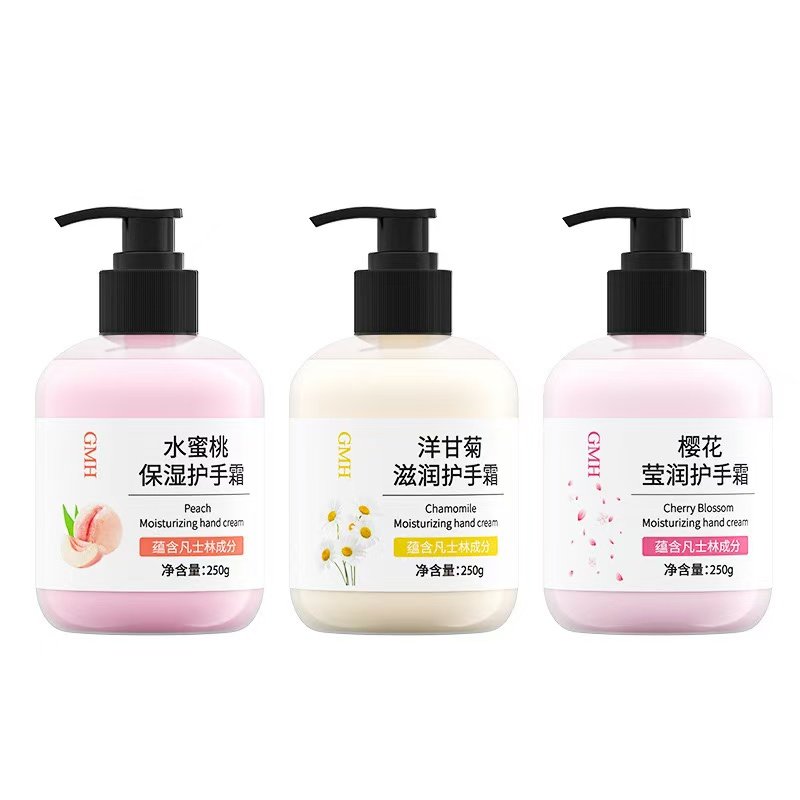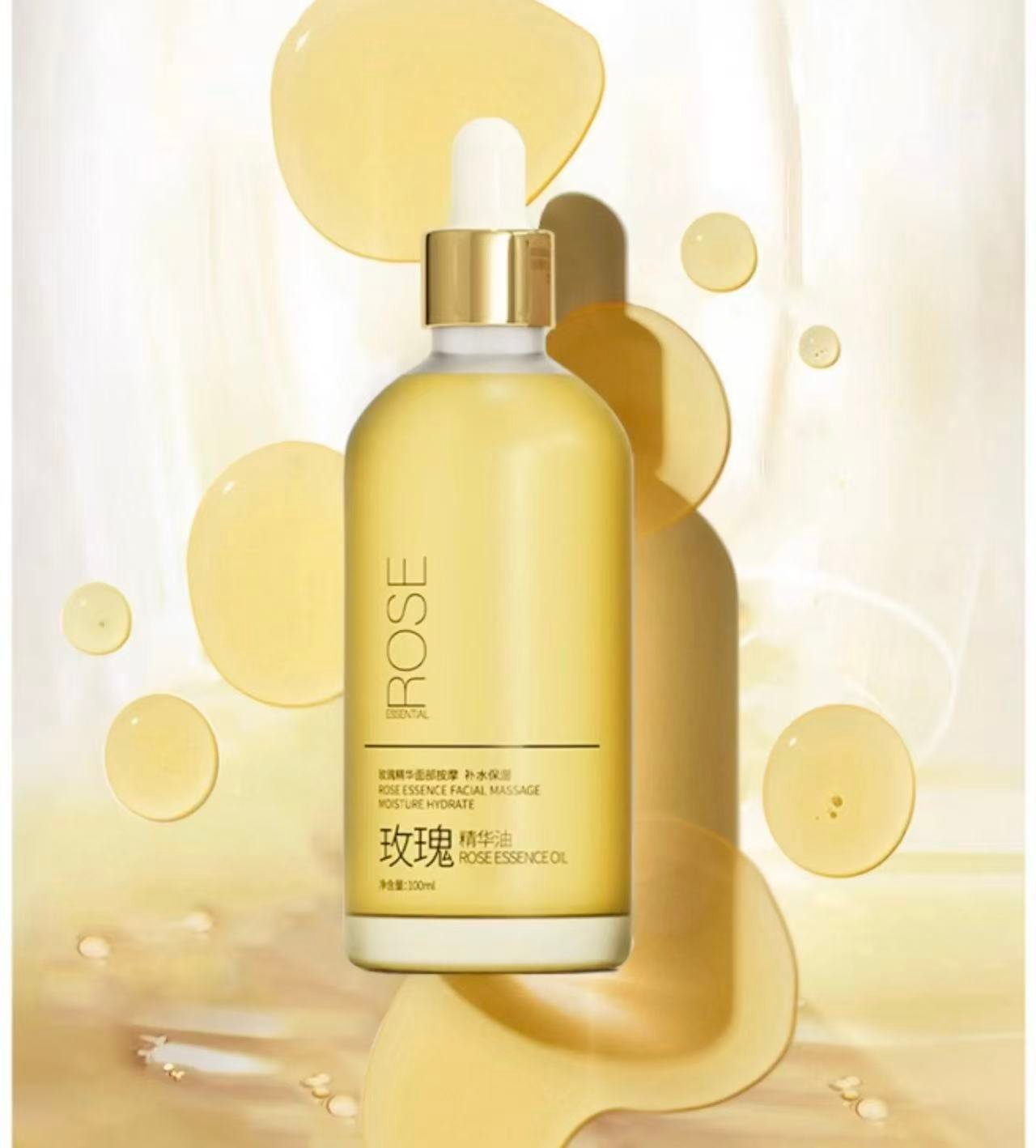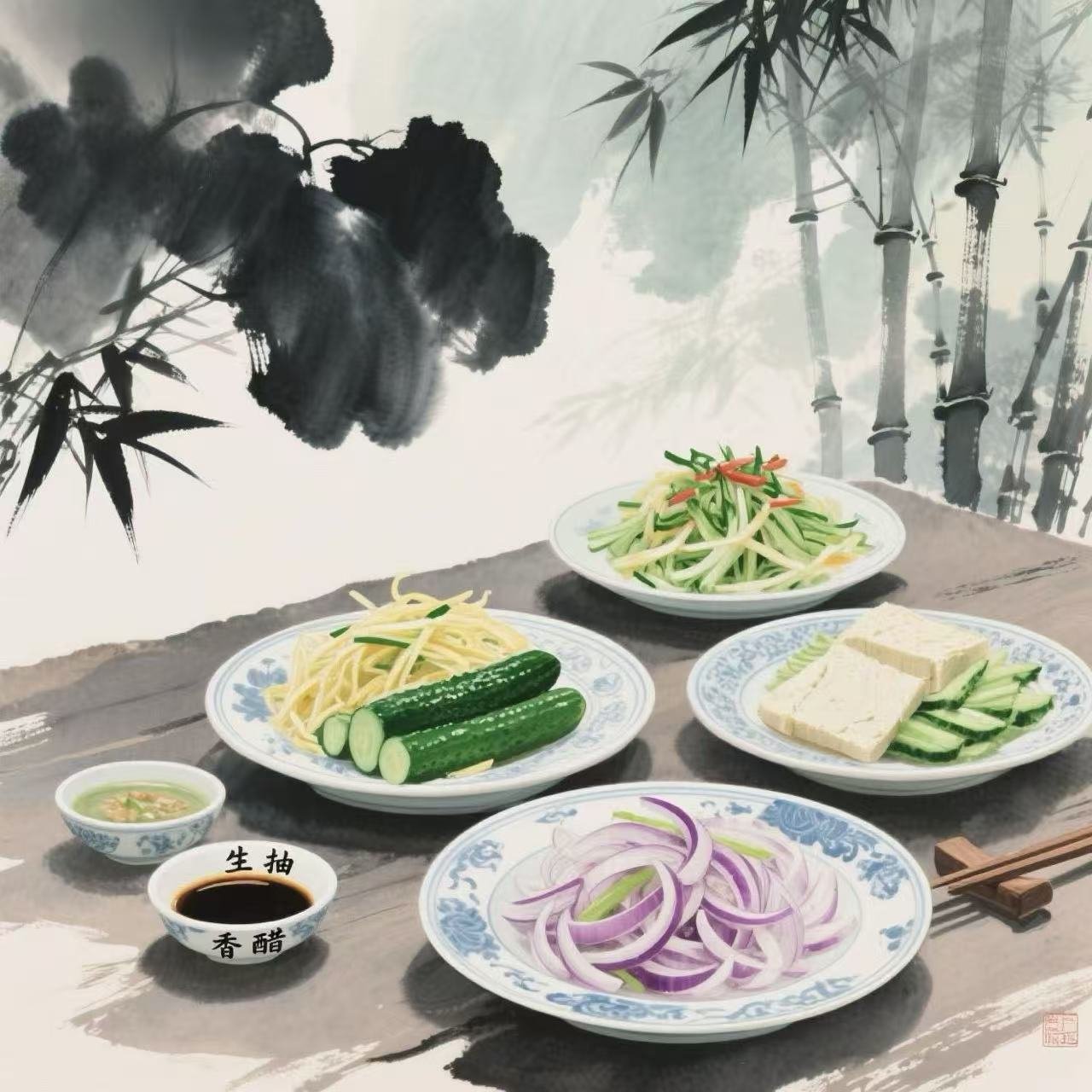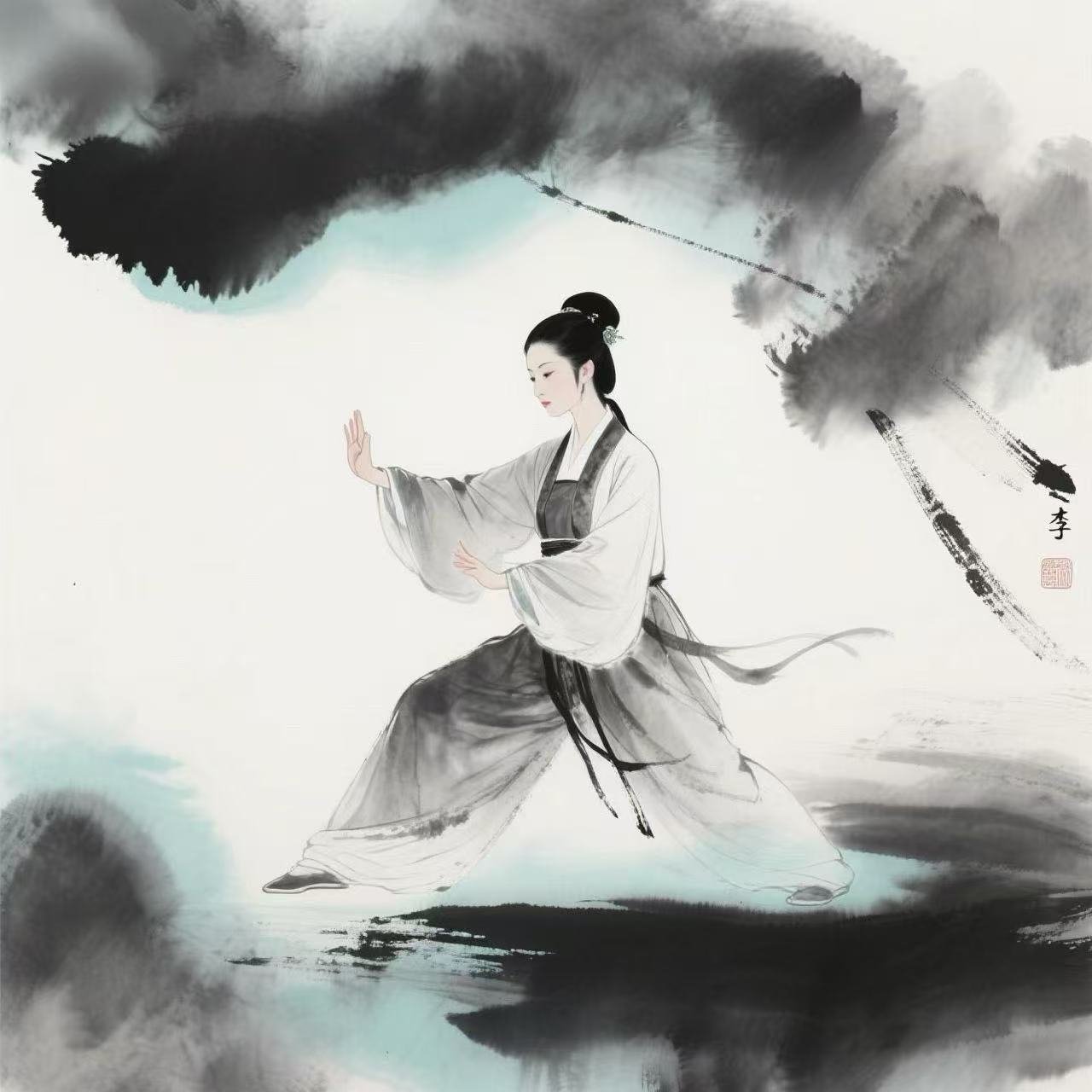In the previous article, we introduced how to choose body lotion and shower gel in winter. In this article, we will discuss how to maintain health and skin care in winter from the perspective of traditional Chinese medicine.
Winter in Traditional Chinese Medicine (TCM) is associated with the Kidney element, which governs water metabolism, vitality, and overall health. During this season, TCM emphasizes harmonizing the body with nature to preserve warmth, nourish the skin, and maintain overall well-being. Here’s how to integrate TCM principles for health and skincare in winter.
1. Align with the Season’s Energy
Winter is a time for restoration and introspection, mirroring the stillness of nature. TCM suggests slowing down, preserving energy, and prioritizing self-care during this season.
Practical Tips:
- Sleep Early, Rise Late: Extend rest periods to conserve the body’s vital energy (Qi).
- Minimize Overexertion: Engage in gentle activities like Tai Chi or yoga to maintain balance.
2. Eat Warming and Nourishing Foods
TCM emphasizes the importance of supporting the Kidney Qi with warming, hydrating, and nourishing foods.
Foods to Include:
- Warm Soups and Stews: Incorporate bone broths, which nourish the kidney and improve skin elasticity.
- Black Foods: Black sesame seeds, black beans, and seaweed are associated with Kidney health.
- Root Vegetables: Sweet potatoes, carrots, and ginger provide warmth and nutrients.
- Herbal Teas: Ginger tea or cinnamon-infused drinks enhance circulation and provide warmth.
Foods to Avoid:
- Cold or Raw Foods: These can dampen the digestive fire and affect skin hydration.
- Excessive Sugar and Alcohol: These deplete Yin and damage the skin’s balance.
3. Support Skin Health with TCM Principles
TCM views the skin as a reflection of internal health. Dry, itchy skin in winter often indicates imbalances in Yin and Yang.
Skincare Tips:
- Moisturize with Herbal Oils: Use sesame oil or almond oil infused with warming herbs like ginger to nourish and protect the skin.
- Hydrating Baths: Add herbs like dried chrysanthemum, goji berries, or Chinese yam to bathwater for soothing skin care.
- Herbal Masks: Use honey, pearl powder, or mung bean paste as natural remedies to hydrate and brighten the skin.
4. Strengthen the Kidney Element
The kidneys are seen as the body’s energy reservoir in TCM. Strengthening the Kidney element ensures better water metabolism and supports overall vitality and skin health.
Practices to Boost Kidney Qi:
- Warm Compresses: Apply heat to the lower back to invigorate kidney energy.
- Acupressure Points: Massage Kidney 3 (Taixi) and Ren 4 (Guanyuan) to boost kidney function and circulation.
- Avoid Exposure to Cold: Dress warmly, especially protecting your lower back and feet from drafts.
5. Balance Yin and Yang Energy
Winter naturally depletes Yang, and balancing it with nourishing Yin practices is crucial.
Yin-Nourishing Foods and Herbs:
- Goji Berries: Hydrate and brighten the skin.
- Chinese Red Dates (Jujube): Enhance blood circulation and improve complexion.
- Rehmannia Root: Known for nourishing Yin and enhancing kidney function.
Warming Spices to Boost Yang:
- Cinnamon and Cloves: Improve circulation and warm the body.
- Garlic and Black Pepper: Help detoxify and maintain skin clarity.
6. Use TCM Herbal Formulas for Skincare
Herbal formulations can be tailored to replenish moisture, prevent dryness, and support healthy skin.
Common Remedies:
- Dang Gui (Angelica Sinensis): Improves blood circulation and nourishes the skin.
- Huang Qi (Astragalus): Strengthens immunity and promotes skin repair.
- Ling Zhi (Reishi Mushroom): Detoxifies the skin and reduces inflammation.
7. Stay Mindful of Emotional Well-being
TCM considers emotional health integral to physical well-being. Winter is a season to cultivate calmness and reduce stress, which can exacerbate skin conditions.
Tips for Emotional Harmony:
- Meditation and Qigong: Calm the mind and improve energy flow.
- Journaling and Reflection: Embrace the stillness of the season for personal growth.
8. Protect Skin from External Wind and Cold
In TCM, Wind and Cold Evils can invade the skin and cause dryness and itchiness.
Protective Measures:
- Shield Skin with Scarves and Gloves: Avoid direct exposure to cold, dry air.
- Humidify Indoor Air: Maintain moisture levels indoors to prevent skin dehydration.
- Apply Warming Balms: Herbal balms with camphor or menthol can protect against wind chill.
Conclusion
In TCM, winter is a season of conservation and nourishment. By supporting the Kidney element, balancing Yin and Yang, and using warming foods and herbal remedies, you can maintain vibrant health and glowing skin throughout the colder months. Embrace these ancient practices to thrive in harmony with the season.







